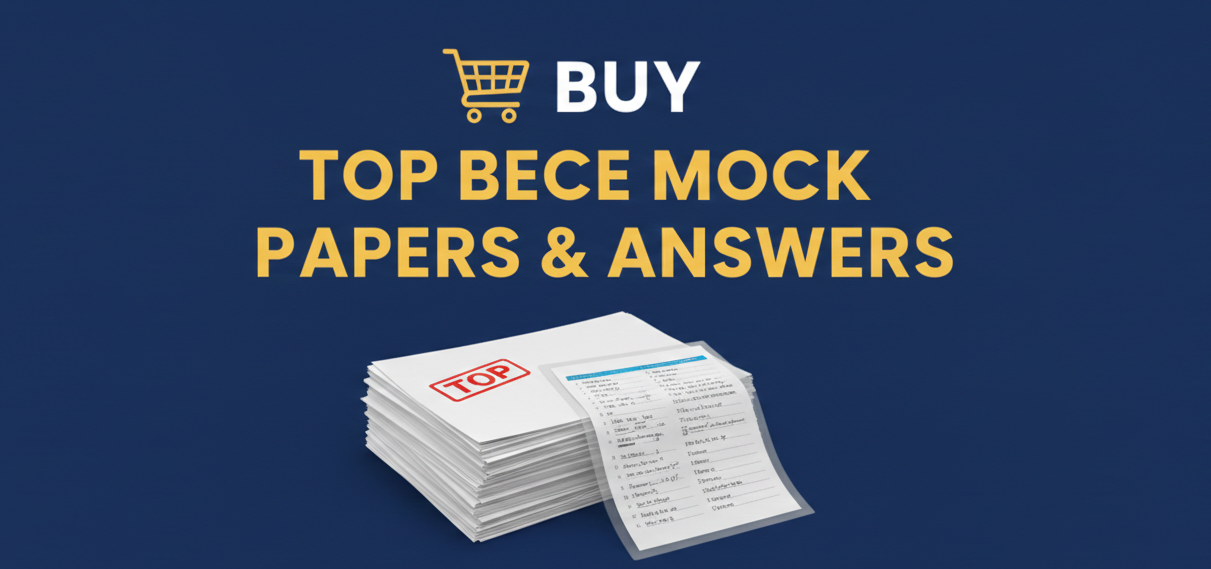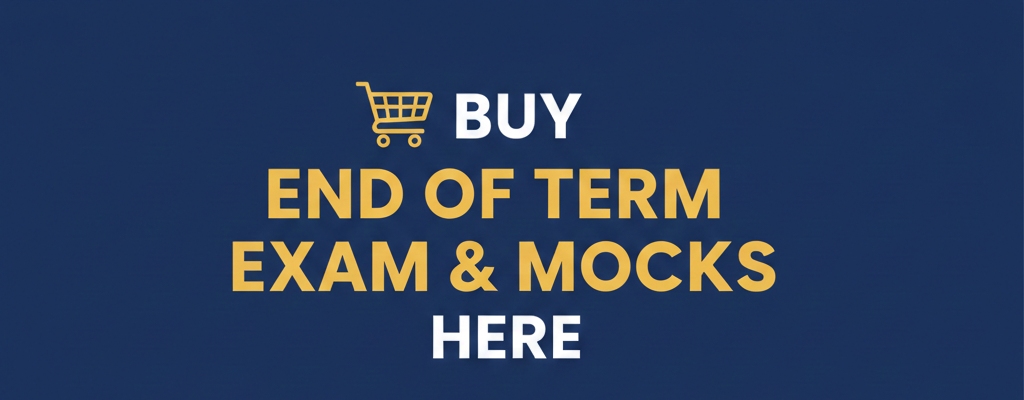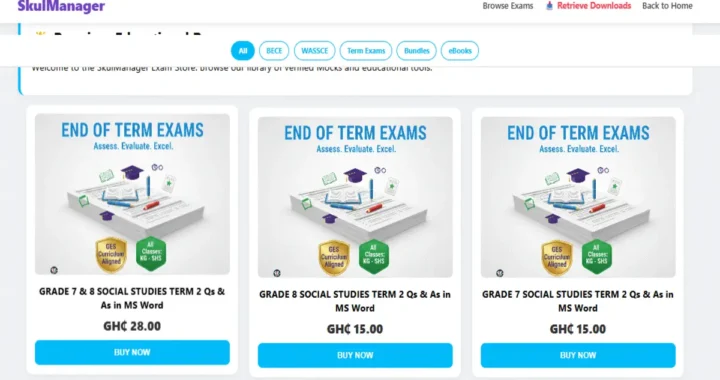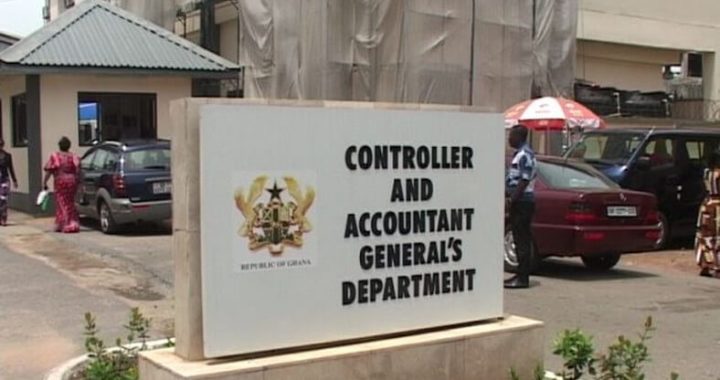See The Elective Mathematics Structure For 2025 WASSCE

The Elective Mathematics Structure For 2025 WASSCE must be of interest to all candidates who will be writing this all-important elective subject.
The 2025 WASSCE is set to begin on Tuesday, 5th August, and end on Friday, 19th September, 2025. The exact date and time for the 2025 Elective Mathematics, also known as Further Mathematics, is 2nd September, 2025, per the official 2025 WASSCE Timetable.
Candidates will spend 2 hours and 30 minutes on the essay-type questions and spend 1 hour and 30 minutes on the objective test paper. The paper will begin at exactly 8:30 am.
What is the structure of the 2025 WASSCE Elective Mathematics Paper?
This examination subject has been grouped into two papers, namely, Paper 1 and Paper 2.
PAPER 1
Will include forty multiple-choice objective questions covering the whole Elective Mathematics curriculum. Candidates will have one hour to answer all questions for a total of 40 marks. The questions will be drawn from the following sections of the syllabus:
- 30 questions on pure mathematics
- 4 questions about statistics and probability
- 6 questions about vectors and mechanics
READ ALSO: 2025 WASSCE Circle Theorem Questions And Answers (Recommended)
PAPER 2
Will consist of two sections, A and B, to be completed in two hours for a total of 100 marks.
Section A will consist of eight compulsory elementary-level questions worth 48 marks. The following questions will be distributed:
- 4 questions on pure mathematics
- 2 questions about statistics and probability
- 2 questions on vectors and mechanics
Section B will consist of seven challenging problems divided into three sections: Parts I, II, and III are listed below:
- Part I: Pure Mathematics consists of 3 questions.
- Part II: Statistics and Probability – 2 questions
- Part III: Vectors and Mechanics – 2 questions
READ ALSO: Assessing WAEC’s Role in WASSCE Exam Malpractices Ahead of 2025 WASSCE
Here are some confirmed topics for the 2025 ELECTIVE MATHEMATICS paper.
COMPULSORY
1. Correlation & Regression
2. Binary operations
3. Functions & Partial fractions
4. Binomial expansion
5. Logarithms/Indices
6. Polynomial
7. Basic calculus
8. Circle theorem
9. Matrix
10. Sequence and Series
OPTIONAL
Statistics (Probability, combination permutation)
700 Vectors & Mechanisms
700 Kinematics
100 Calculus (differentiation & integrate)
Candidates are advised to learn other topics that may not be listed in this article.




 New Term 2 End of Term Question: Nursery to Grade 8 Exam Packs (2026)
New Term 2 End of Term Question: Nursery to Grade 8 Exam Packs (2026)  Why MTN Ghana’s Ghs399 Bundle is the Best Data Deal in 2026
Why MTN Ghana’s Ghs399 Bundle is the Best Data Deal in 2026  CAGD Salary Suspension 2026: Deadlines and Actions for Affected Staff
CAGD Salary Suspension 2026: Deadlines and Actions for Affected Staff  A Plus Defends Paternity Fraud Bill: “Stand Up for the Brotherhood”
A Plus Defends Paternity Fraud Bill: “Stand Up for the Brotherhood”